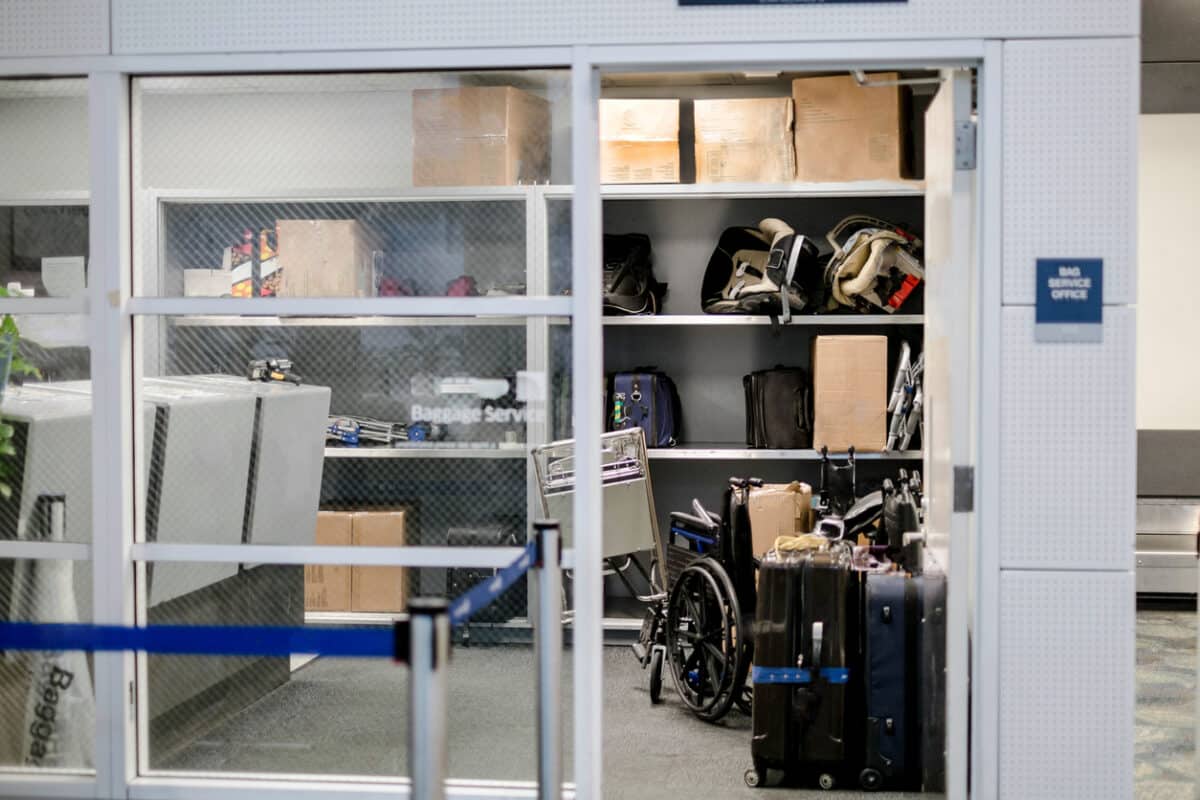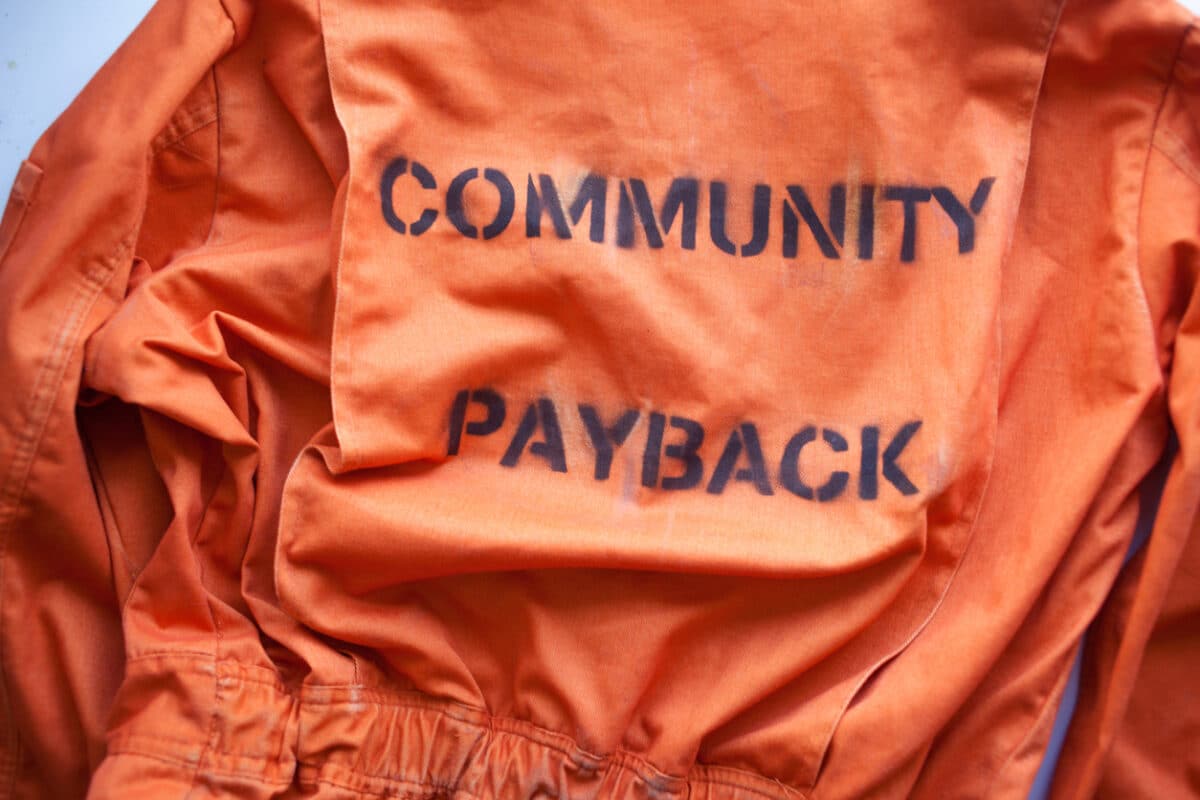‘My Property is Missing!’: What to Do When Belongings Are Lost or Stolen
Two incidents were reported to us recently, illustrating how personal property can go “missing” when incarcerated individuals are sent to the SHU or transferred to another facility:
WH: I was sent to the SHU for five days for what turned out to be a baseless investigation. While I was in the SHU, my entire locker was emptied. The inventory sheet was marked “locker found unsecure.” But I never left my locker unsecured.
My locker caddy was folded up and thrown in the trash, and everything that had been inside was gone. I estimate the value to be just over $254 in personal property, plus eight books a friend sent me. I’m talking hygiene products; writing materials; bags of coffee and unopened seasoning bottles; unopened shirts from the commissary that I was saving for when I leave prison; stamp books – I could go on.
—-
MB: One night, two lieutenants strip searched and shook me and my cellie down. Several days later, it happened again, with one lieutenant and three COs. It was so bad, they moved us to another cell in a different unit.
Later in the month, there was a unit-wide cell search for five hours. It was the start of a unit lockdown for a month. We received no showers or anything. While we were still on lockdown, we were all moved to the gym for another mass shakedown, and they found a phone in my old cell. So, they sent me and my cellie to the SHU. Before we left, we packed all of our property in two commissary bags each and left them in the cell. A CO brought the bags upstairs to the cage that is supposed to be locked at all times. I asked six to seven staff to bring my property to my cell so it could be inventoried. But they just kept spinning me.
While I was in the SHU, men coming in told me that the cage had been left open, allowing inmates to steal all of my property. They told me, “Hey I just want to let you know that people are stealing all your stuff. Two guys are selling your wife’s pics as jack pics and some of your homeboys found your kids’ pictures in the trash.” Half of my photo albums are of family and friends who have passed away since I came to the feds in 2019. Also in my property were my wedding ring, court transcripts and eye contacts, without which I am legally blind. I was told it would take up to three months before I could be seen for a new prescription.
I was in the SHU for four weeks. Staff never did anything, however. I even gave them the dates and times so they could check the surveillance cameras.
Unfortunately, protection of personal property is difficult to proactively manage. These two case studies illustrate what can happen when staff don’t follow BOP policy and procedures. And when that occurs, there is not much that can be done. In WH’s case, it is difficult to prove that the individual’s locker was indeed locked (thus protecting his property from other inmates until an officer inventoried and stored his belongings).
As for MB’s case, there isn’t a dedicated camera for the property room. Although a camera in the area might have picked up what transpired, video is generally not kept for more than three weeks. (And short of a court order, it is difficult to obtain; no one wants to release evidence of staff malfeasance.) LIkewise, filing grievances often merely causes hostility – as MB later discovered.
The only recourse these two individuals have is to file a tort claim for the missing items. That is why it is so important for inmates to save their commissary receipts. If they can’t prove the value of their possessions, they can’t file a tort claim. (Past receipts are available from the commissary only for the current fiscal year.) And yes, that means there is no compensation possible for sentimental items like MB’s wedding ring. Note:
- Tort claims must be filed within a year of the incident.
- No more than $1,000 can be sought.
What prisoners can do to protect themselves
There’s not much that could be done in advance by MB and WH to prevent what happened. But that’s not true for everyone. Here are some tips:
- Fundamental to property protection is to never leave a locker unsecure. Too often, prisoners leave their lockers unlocked, which can lead to property theft as well as the planting of contraband by a staff member or another inmate.
- It’s also advisable for prisoners to have an understanding with their cell mate about what to do if they unexpectedly go to the SHU or are shipped out. For instance, if an inmate doesn’t return to their cell for a count, their cellmate should secure their locker immediately as a protection against theft.
- Always retain commissary receipts, especially for more expensive items.
What BOP policy says
While BOP policy calls for officers conducting a shakedown to leave cells like they found them, that does not always happen. And when inmates are sent to the SHU, officers are supposed to secure their lockers and/or cell doors as soon as they are notified of the move. The shift officer is required to conduct an inventory. Then, the compound officer takes it to the property room in the SHU. Again, that doesn’t always happen. Property rooms are equipped with lockers that should be secured, and BOP policy states that staff “shall” provide inmates with a copy of the inventory form “as soon as practicable.” The inmates should then sign the form, signifying receipt of the inventory and its accuracy. A copy of the inventory must also be placed in the inmates’ central file.
Note that opened, perishable items are typically not packed up. The same goes for any items that exceed the allowable number. For example, prisoners are only allowed to have up to five books in their cells at any one time. (There is also a limit on what a person can have in the SHU, depending on whether a person is there for administrative detention [investigation, personal protection, etc.] or if they are in disciplinary segregation as a sanction.)
A few related suggestions for handling problems:
- The BOP’s special housing unit policy restricts what personal property can be brought into the SHU.
- All property-related concerns should be addressed to the SHU property officer. If that individual is not helpful, go to (in this order) the segregation review official (SRO, which is usually the SHU lieutenant), the SHU captain, the assistant warden for programs and the warden. Executive staff members are required to make SHU rounds weekly. If possible, property issues should be brought to the attention of the captain in front of the assistant warden for programs and/or warden during these rounds.
- However, avoid being adversarial with SHU officers, or they may leave your property unsecured and thus vulnerable to theft by the SHU orderlies (as happened to MB).
- File a grievance/administrative remedy only as a last resort, since this further creates hostility.
Treatment of property during transfers
The other time personal property often becomes an issue is when prisoners are transferred from once facility to another. BOP policy states:
“Personal property shall be shipped by staff to the receiving institution, with the exception of legal materials for active court cases and some other items deemed “necessary or appropriate” by by staff. These may be transported with the prisoners.
Staff of the sending institution ship authorized personal property via bus, van or airlift directly to the receiving prison. Ordinarily, no more than two boxes of property (with the exception of legal materials) will be shipped at government expense for each inmate. However, prisoners may elect to pay for the shipment of additional boxes.
R&D staff at the sending prison are responsible for recording all personal property that will be shipped to the receiving institution on an inventory form. The inmates should certify that the form is accurate and be given a copy to take with them. Without that form, it is difficult to prove that property was shipped if it later goes missing, or to file a tort claim.
Generally speaking, it should take no longer than a week or two for prisoners’ personal property to reach the final destination. If a month has elapsed and it has not been delivered, the inmate should approach a correctional systems staff member and ask that its status be investigated. Is it in the property room at the new prison, and just has not been given to the inmate? If not, the inmate should ask that the staff member call the transferring prison to inquire about the property’s status, and track it if necessary. If the correctional systems staff is unwilling to assist, a family member may contact a BOP regional support coordinator and ask for assistance.
Remember: Creating conflict with the correctional systems staff sometimes results in property being sent to the wrong institution, disappearing altogether or being “lost” in the sending facility’s property room. If inmates are adversarial with staff, there is nothing but downsides! Inmates should try to maintain their composure no matter how far staff deviate from the policy and process. Never stoop to the level of staff.








